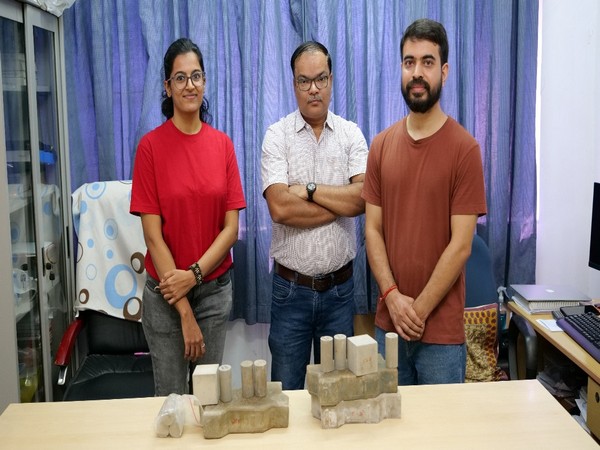Revolutionizing Construction: IIT Guwahati's Geopolymer Breakthrough
IIT Guwahati researchers, led by Prof. Anil K. Mishra, have engineered a sustainable geopolymer using industrial waste like water treatment sludge, fly ash, and slag. Their innovation offers a green solution for waste management and infrastructure, enhancing road construction durability while minimizing environmental risks and carbon emissions.

- Country:
- India
A team at the Indian Institute of Technology Guwahati, led by Prof. Anil K. Mishra, has devised a groundbreaking solution to tackle two pressing global issues: industrial waste management and sustainable construction. Their research harnesses industrial byproducts and waste materials, including water treatment sludge (WTS), fly ash (FA), and ground granulated blast furnace slag (GGBS), to create a geopolymer with notable environmental benefits.
With urbanization and industrialization accelerating globally, the management of industrial waste, especially water treatment sludge, has become critical. Generating around 100,000 metric tonnes of sludge daily worldwide, traditional disposal methods have proven costly and risky, due to potential groundwater contamination. IIT Guwahati's press release emphasizes the urgency of finding sustainable alternatives.
Prof. Mishra highlights their innovative approach of converting WTS, FA, and GGBS into geopolymers, renowned for strength and low environmental impact. The geopolymer matches traditional cement in performance while slashing carbon emissions and energy use. Applications are vast, notably in road construction, where its use enhances performance in soft soils. The team extends their research to construction wastes, promoting a circular economy. Tests confirm its non-toxic nature, aligning with safety standards and supporting broad adoption for sustainable infrastructure projects.
(With inputs from agencies.)










